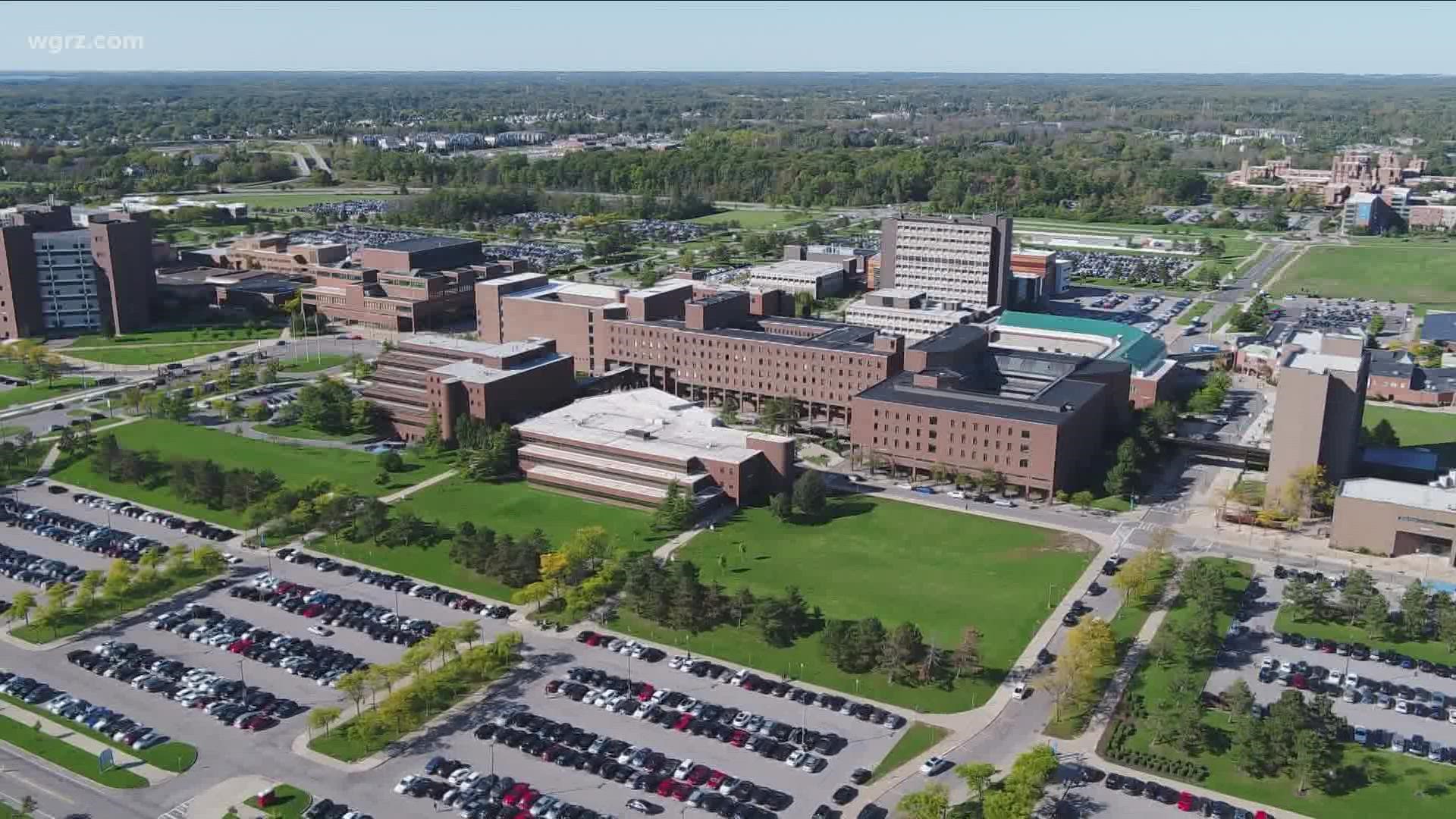BUFFALO, N.Y. — The University at Buffalo has received a $293,000 grant to fund neurodiversity training for computer science faculty that would eventually be available to all the faculty at the university.
In an announcement on Tuesday, the university said that teaching staff who complete the training will receive a micro-credential that will help neurodiverse students know what faculty have completed the training.
The two-year grant from the National Science Foundation aims to help neurodivergent students who want to study computer science. Neurodivergent people are those with neurological difference that affect the way they learn, communicate and view the world. They include people with various conditions, such as attention deficit hyperactivity disorder (ADHD), autism spectrum disorder, dyslexia, dyspraxia and Tourette syndrome.
“Neurodivergent students are often attracted to STEM career paths and possess traits that would make them valuable members of the United States’ computing workforce, but drop out before graduation when they encounter misaligned teaching practices or instructors who discourage accommodations and supports for students with invisible disabilities,” said Sam Abramovich, PhD, principal investigator on the grant and director of the UB Open Education Research Lab.
The micro-credential train course will educate staff about specific skills and will be designed and tested by the UB Open Education Research Lab. The program will build off a pilot course that improved teaching methods aimed to assist students with ADHD.
When the program is completed the micro-credentials and curriculum will be published on the website to allow other faculty and universities to freely access and update the tools.

